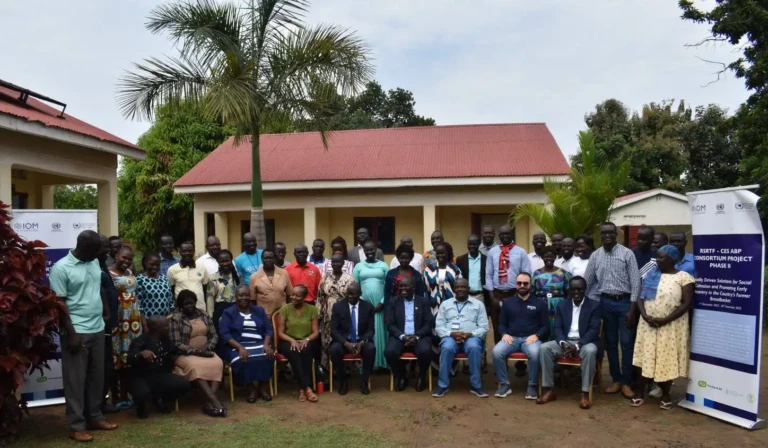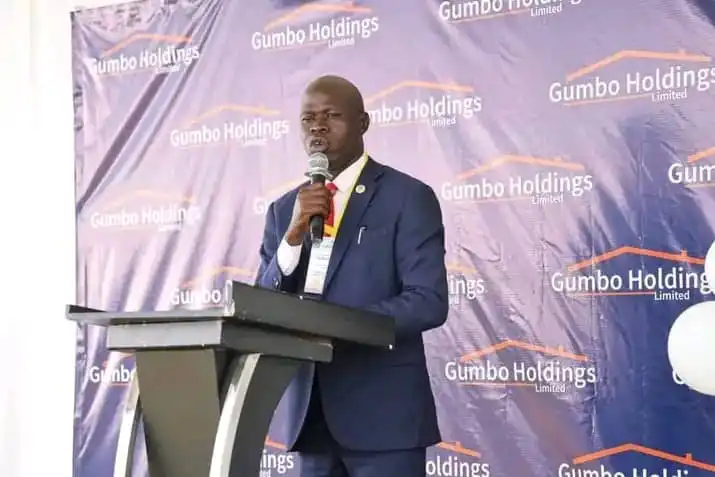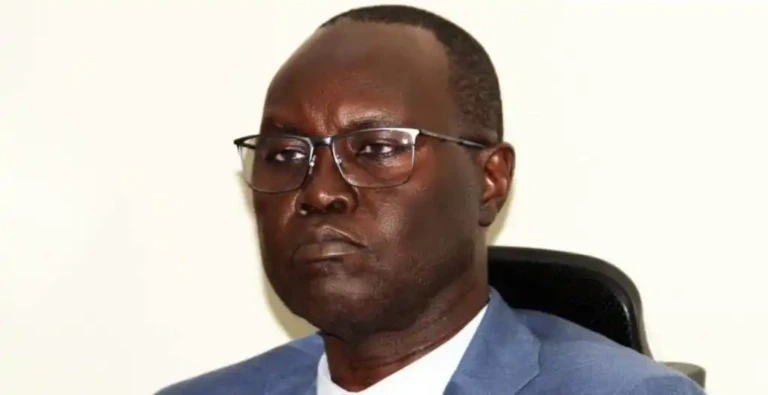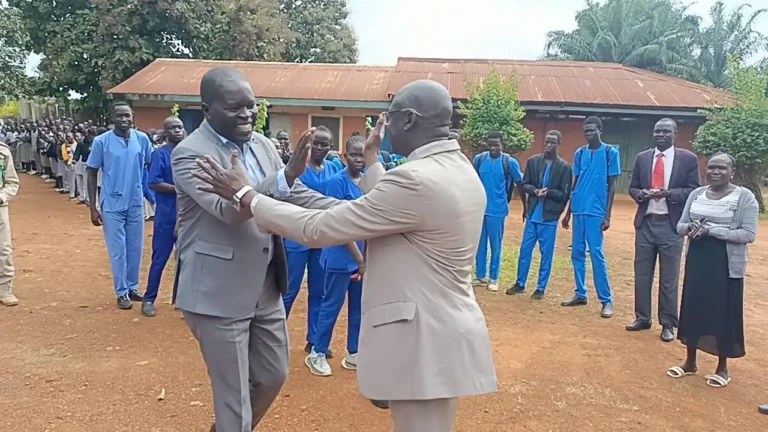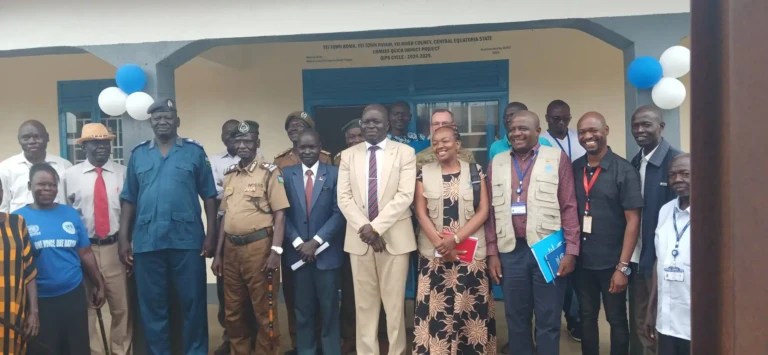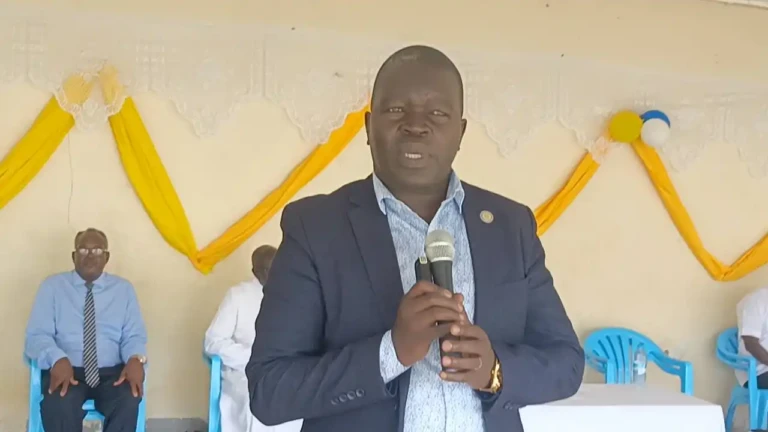![[OPINION] – Politicians Are Hijacking Community Associations for Personal Gain [OPINION] – Politicians Are Hijacking Community Associations for Personal Gain](https://radioyei.org/wp-content/uploads/2025/08/lubang-stephen-stanley-1024x682.webp)
Lubang Stephen Stanley is a South Sudanese commentator on governance and community development.
By Lubang Stephen Stanley
There is a growing trend in South Sudan where politicians are increasingly using associations and community structures to advance their personal agendas. This has become evident during several recent union and community elections.
Youth and community organisations such as the Twic East Youth Association, Bor Youth Association and Ma’di Community’s Madi Welfare Association (MAWA) have been platforms for this influence. The Kakuwa Community elections, scheduled for 16 August 2025, have also attracted widespread attention, especially across social media platforms.
Let me share my perspective on this development.
What Is an Association or Community?
An association or community can be either a formal or informal group formed by individuals with shared interests, professions, or objectives. These groups typically work to address specific issues, promote social bonds and culture, improve economic conditions, or advocate for development.
Examples include:
+The Gudelle Youth Association, which organised the 2025 Independence Day celebrations
+Youth Unions addressing challenges faced by young people in South Sudan
+The Pojulu Community hosting the Pojulu Cultural Festival to revive their traditions and promote unity
+The Twic East and Bor Youth Associations, among others.
Who Are Politicians?
Politicians are individuals, sons and daughters of these very communities, who hold public office. Their roles include representing citizens, shaping policy and overseeing services such as infrastructure development and resource allocation.
Why the Shift in Roles?
Since the 2010 elections, South Sudan has faced significant political instability, limiting political and civic space. The subsequent conflicts led to the 2018 Peace Agreement, which saw political appointments often based on partisan loyalty rather than popular support. As a result, many politicians now seek validation from their communities to maintain relevance.
According to Agbor and Okon (2019), political interference negatively impacts community performance. Politicians now rely on community recognition to demonstrate that they still belong and to influence political outcomes.
Here are some key factors behind this shift:
1. Relevance to Society
Communities offer politicians strong grassroots connections, a sense of belonging and social capital. Leveraging these associations enables politicians to stay relevant ahead of upcoming elections.
2. Access to Power
Approaching government institutions as community representatives often provides easier access to senior officials than as individual politicians. Communities have become a pathway to political offices, helping politicians enhance their personal interests by utilising the goodwill associated with these groups.
3. Public Perception
By engaging in community events, politicians appear more connected to everyday citizens. This enhances their image as being responsive and attentive to grassroots issues.
4. Post Conflict Rebuilding
Following the 2013 conflict, many communities were left fragmented, with basic infrastructure like schools, roads and health centres either damaged or missing. Communities have since become hubs for rebuilding efforts, and politicians see their involvement as an opportunity to influence these processes.
5. Regaining Trust
Due to broken promises and perceived failures, many politicians have lost public trust. Involving themselves in community affairs is seen as a way to rebuild these relationships and re-establish their credibility.
The Role of Communities in Addressing This Shift
While politicians are part of communities and have the right to participate in community elections, communities must take ownership of their leadership processes. Here is how:
+Elect Leaders, Not Opportunists: Choose leaders based on merit and integrity, not those seeking personal gain.
+Demand Transparency and Accountability: Community members must scrutinise leaders’ motives and be able to differentiate those pursuing personal relevance from those championing collective interests.
+Support Youth Inclusion and Mentorship: Youth should not be viewed as “future leaders” only. They must be involved in leadership now. Elders must collaborate with and mentor younger members, preparing them for leadership roles.
+Promote Civic Education: Communities should provide space for civic engagement and learning. Understanding rights, governance structures, and participatory roles helps foster unity and empowers members to engage constructively.
The increasing involvement of politicians in community affairs is often driven by their desire to stay relevant, access power and rebuild trust.
While this may reflect current political realities in South Sudan, communities still hold the ultimate power to choose who leads them.
It is essential for communities to safeguard their autonomy, promote transparent leadership and place unity and collective progress above individual ambition.
These reflections are personal opinions shaped by current trends observed in Juba and across South Sudan.
Access Radio® publishes opinion articles as a platform for diverse and independent perspectives. The views expressed are solely those of the author and do not necessarily reflect the views of Access Radio® or its editorial team.
We welcome thoughtful contributions from our listeners and readers. To share your opinion, email news [at] radioyei.org. Submissions may be reviewed before publication
Discover more from Access Radio Yei News
Subscribe to get the latest posts sent to your email.

